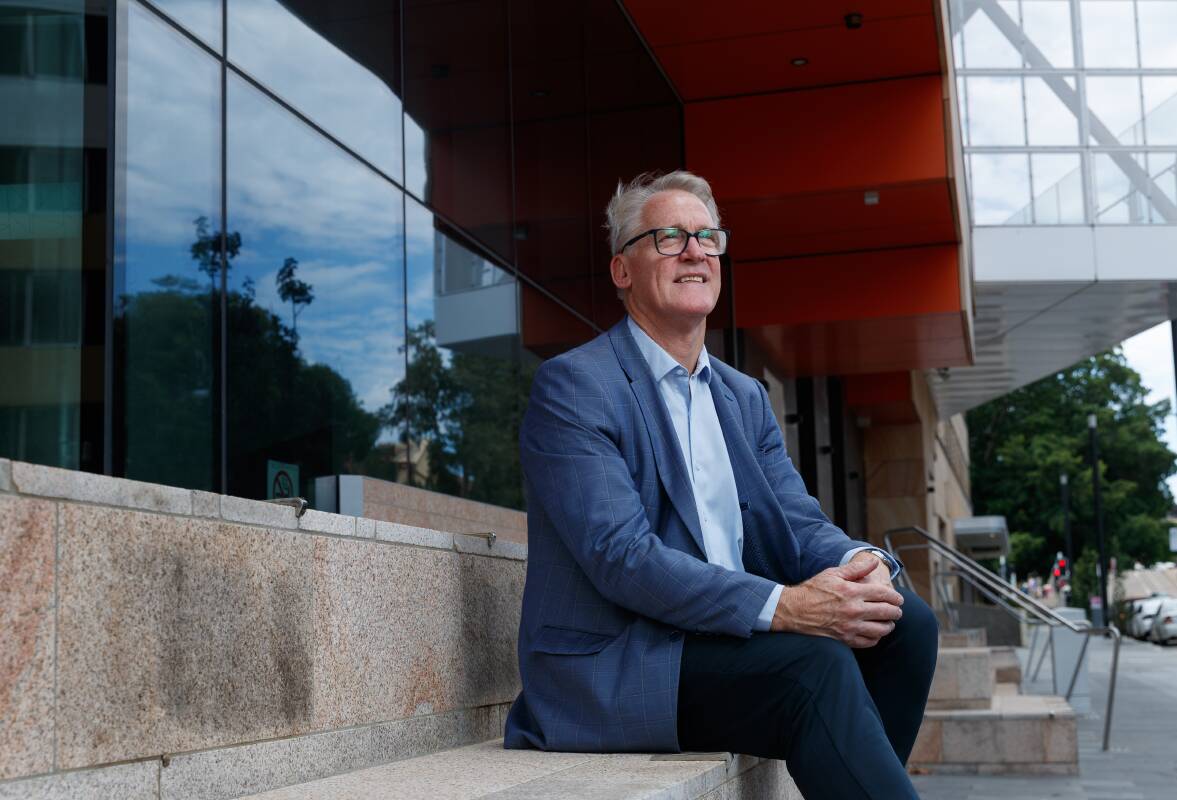
A FEDERAL bid to unify major manufacturing and clean energy projects could "assist in underwriting" industries key to the global energy transition and encourage states and regions to collaborate rather than compete, the Hunter's peak business chief believes.
Prime Minister Anthony Albanese unveiled the Future Made in Australia Act this week, advancing manufacturing and safeguarding the nation's control over resources and critical minerals.
Business Hunter chief executive Bob Hawes said gains in the crucial sectors would come primarily from regional communities, which would benefit from national coordination and "belonging".
"As the Prime Minister detailed, this is a global race, and other countries are well ahead of us," Mr Hawes said.
"The challenges for business and investment to date have been around approval processes, red tape and at times, a lack of clear frameworks in which to operate. Clarity across these elements will result in an immediate acceleration of opportunity."
"Bringing discrete parts of existing and future policy under one umbrella is also welcomed and will hopefully ease the navigation task for business to connect with government.
"The government will need to be prepared to engage to get ideas and projects off the ground as we're sure there isn't going to be a shortage of those.
"It will be a blessing if this package moves the dial on provoking further investment into industry and the energy sector and the government having a deeper reach into this space will assist in underwriting certainty which at times has been lacking."
Solar Sunshot, launched in the shadow of the former Liddell power station last month, will fall under the banner alongside Hydrogen Headstart and the $15 billion National Reconstruction Fund.
The plan has been likened to the Inflation Reduction Act in the US.
Mr Albanese said there would be new money in the May budget for the initiative.
"You will see new programs, new funding and new opportunities working with business," he told ABC's 7.30 on Thursday night.
Parts of the plan have raised concerns for the chair of the Productivity Commission, Danielle Wood, who Labor appointed.
"We risk creating a class of businesses that is reliant on government subsidies and that can be very effective in coming back for more," she told the Australian Financial Review.
Opposition Leader Peter Dutton said Ms Wood's viewpoint was a concern.
"The fact is that over the last two years, manufacturing businesses have gone into bankruptcy - it's gone up by 300 per cent," he told Nine's Today program on Friday. "We know the energy system is broken - the government's renewables-only policy is driving up the price of your electricity bill at home ... it is for business as well and that's what's fuelling inflation."
Government Services Minister Bill Shorten said Australia needs more homegrown manufacturing.
"We need to be more sovereign in this country and sometimes that will involve government assistance," he said. "If you just leave it to the market, all this country will be will be a bank and a quarry."
Mr Albanese said the new policy would underpin "greater sovereignty over our resources and critical minerals".
Asked if the government was considering strengthening foreign investment rules, Mr Albanese said Labor was prepared to do that.
"If it's not working, we will always look for national sovereignty," he said.
"We welcome, of course, support from foreign investment here in Australia.
"It will play an important role in this transition."
Shadow treasurer Angus Taylor warned the manufacturing plan would lead to an increase in inflation.
"It won't solve the manufacturing challenges we've got, it's a Band-Aid on a bullet wound, and we're already seeing that an equivalent set of interventions that have been made in the United States ... is driving up inflation," he told ABC Radio.
"If we want strong manufacturing in this country, and we do, we need to get back to the fundamentals of affordable, reliable energy, flexible industrial relations that delivers higher real wages and competitive workplaces."
Asked if Australia would implement Canadian-style restrictions on critical minerals, Mr Albanese said the government wanted to ensure the nation was not just exporting raw materials.
"There's been investment in extraction but not investment in value-adding, creating jobs," he said.
"Because that's how you create jobs and that's how you also protect our national sovereignty - by making sure we remain a country that makes things here."
Critical minerals are needed for the clean energy transition and are used for electric vehicles and other technology.







